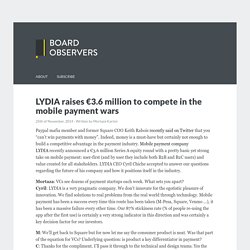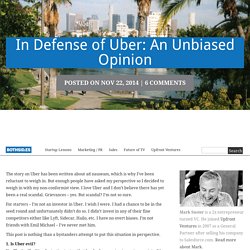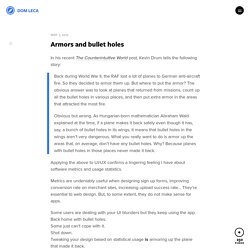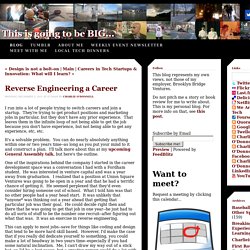

Artificial Intelligence is Hot, Reverse Engineer Your Career, LYDIA Series A, Mobile Apps UX, The Uber Debate, Are You a Hacker? LYDIA raises €3.6M to compete in the mobile payment wars. Paypal mafia member and former Square COO Keith Rabois recently said on Twitter that you “can’t win payments with money”.

Indeed, money is a must-have but certainly not enough to build a competitive advantage in the payment industry. Mobile payment company LYDIA recently announced a €3.6 million Series A equity round with a pretty basic yet strong take on mobile payment: user-first (and by user they include both B2B and B2C users) and value created for all stakeholders. LYDIA CEO Cyril Chiche accepted to answer our questions regarding the future of his company and how it positions itself in the industry. Mortaza: VCs see dozens of payment startups each week. What sets you apart? M: We’ll get back to Square but for now let me say the consumer product is neat.
M: Usually payment startups take dozens of millions in funding to scale. M: Why is payments a difficult world? M: What did you see in this industry that others didn’t? M: Is France the worst market to start ? The Three Breakthroughs That Have Finally Unleashed AI on the World. A few months ago I made the trek to the sylvan campus of the IBM research labs in Yorktown Heights, New York, to catch an early glimpse of the fast-arriving, long-overdue future of artificial intelligence.

This was the home of Watson, the electronic genius that conquered Jeopardy! In 2011. The original Watson is still here—it’s about the size of a bedroom, with 10 upright, refrigerator-shaped machines forming the four walls. The tiny interior cavity gives technicians access to the jumble of wires and cables on the machines’ backs. It is surprisingly warm inside, as if the cluster were alive. Today’s Watson is very different. Consumers can tap into that always-on intelligence directly, but also through third-party apps that harness the power of this AI cloud. Automation Makes Us Dumb. What is a Hacker? — Backchannel.
Bruce Sterling Author and cyberpunk bard Thirty years ago, a “hacker” was some bright young guy scrambling to get access to expensive, obscure, difficult “mainframe computers.”

Getting “hands-on” was an existential triumph, often life-transforming. Once he had his access, those crude computers worked pretty badly — but that was okay, because the hacker had no set goal in messing with them. He just burned to immerse himself in the sandbox of programming. In Defense of Uber: An Objective Opinion. The story on Uber has been written about ad nauseam, which is why I’ve been reluctant to weigh in.

But enough people have asked my perspective so I decided to weigh in with my non-conformist view. I love Uber and I don’t believe there has yet been a real scandal. Grievances – yes. But scandal? I’m not so sure. For starters – I’m not an investor in Uber. This post is nothing than a bystanders attempt to put this situation in perspective. Armors and bullet holes. In his recent The Counterintuitive World post, Kevin Drum tells the following story: Back during World War II, the RAF lost a lot of planes to German anti-aircraft fire.

So they decided to armor them up. But where to put the armor? The obvious answer was to look at planes that returned from missions, count up all the bullet holes in various places, and then put extra armor in the areas that attracted the most fire. Obvious but wrong. Applying the above to UI/UX confirms a lingering feeling I have about software metrics and usage statistics.
Metrics are undeniably useful when designing sign up forms, improving conversion rate on merchant sites, increasing upload success rate… They’re essential to web design. Some users are dealing with your UI blunders but they keep using the app. Doing so is becoming blind to your interface real pain points and ending up strengthening your user deviations. Oh! Application UI/UX design does not obey the same rules than web design. Reverse Engineering a Career. I run into a lot of people trying to switch careers and join a startup.

They're trying to get product positions and marketing jobs in particular, but they don't have any prior experience. That leaves them in the infinite loop of not being able to get the job because you don't have experience, but not being able to get any experience, etc, etc. It's a solvable problem. You can do nearly absolutely anything within one or two years time--as long as you put your mind to it and construct a plan. I'll talk more about this at my upcoming General Assembly talk, but here's the outline. One of the inspirations behind the company I started in the career development space was a conversation I had with a Fordham student. This can apply to most jobs--save for things like coding and design that tend to be more hard skill based.